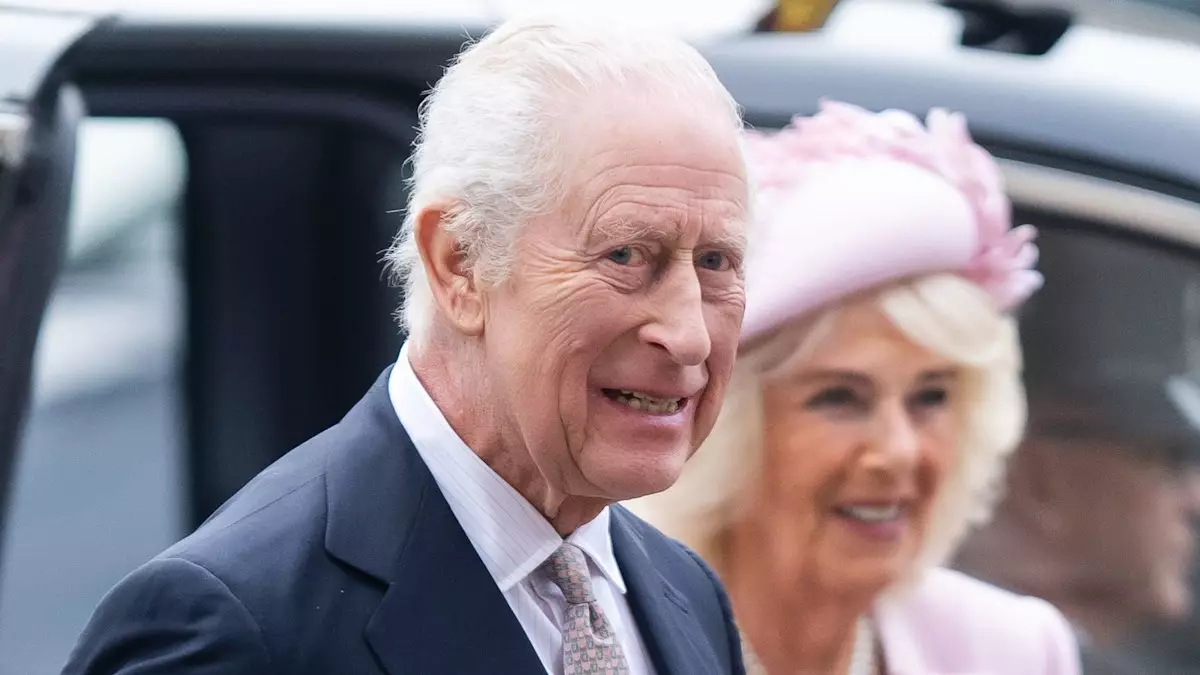In recent days, royal watchers raised eyebrows after Buckingham Palace confirmed that King Charles had been hospitalized due to side effects from his cancer treatment. While the palace reassured the public of his well-being, the King’s relentless pace of work—characterized by the cancellation of multiple engagements yet a planned royal visit to Italy—raises a critical conversation around the intersection of leadership and health. Despite the impressive resilience displayed by King Charles, whose dedication to duty is evident, one must ponder whether this work-centric approach is sustainable, especially at the age of 76.
Queen Camilla’s comments about her husband perhaps shed light on the inevitable tension between his commitment to royal duties and the need for self-care. While the narrative around him may celebrate tireless work, one cannot ignore the toll it takes on health and the significant importance of proper recovery, particularly after a medical episode.
A Culture of Overwork: The Royal Paradox
The King’s situation reflects a broader societal issue: the glorification of overwork in the face of personal challenges. Dr. Mohammed Enayat, a longevity expert, eloquently points out that societal expectations often create an environment where high achievers—especially those in public spheres—feel compelled to equate their self-worth with their productivity. This relentless pursuit of achievement can be detrimental, particularly when health is at stake.
Dr. Enayat’s emphasis on the psychological underpinnings of this behavior resonates deeply. The psychological stigma surrounding rest, especially for public figures, adds layers of complexity to the already challenging task of balancing health and responsibility. It’s unsettling to consider that the metrics of success may impede one’s recovery, and this is not just a personal issue for King Charles; it’s reflective of systemic issues within organizations and societies that often value output over well-being.
The Need for Self-Compassion and Rest
Elizabeth Walker, a professional recovery coach, highlights how a workaholic’s inability to switch off stems from a fear of losing identity and validation. This sentiment captures a painful truth about modern existence; many equate their value with their productivity. The King, a figure who embodies national pride and continuity, may feel an even heavier burden to perform. However, this begs the question: Can effective leadership be maintained without prioritizing personal health?
The risks associated with denying oneself the basic human need for rest cannot be overstated. Walker warns us about the impacts of ignoring rest; it creates a mechanical relationship with our bodies and leads to a disconnection from emotions—central to healing and effective leadership. The King must recognize that to alleviate the pressures of leadership, rest is not a luxury but a necessity, fundamentally integral to sustained productivity and emotional intelligence.
Redefining Leadership Through Balance
Observations regarding King Charles’s determined work ethic may mislead the public into romanticizing overwork. The reality is that impactful leaders are those who can demonstrate vulnerability, acknowledge their limitations, and practice self-care. This redefinition of what it means to lead with intention and self-awareness is crucial, particularly for someone in his position.
There is an urgent need for leadership paradigms that promote well-being alongside duty. As discussions around health in workplaces evolve, perhaps royal engagements could serve as a microcosm for larger conversations about redefining success. King Charles and those in similar roles have the opportunity to shift the narrative, emphasizing that effective leadership is rooted in wellness, empathy, and the courage to rest.
As we watch developments unfold at Buckingham Palace, it becomes clear that the stakes extend beyond mere royal duty. They touch upon universal themes of work-life balance, emotional health, and the vitality of taking time to heal—lessons that could resonate deeply in our contemporary work environments.

